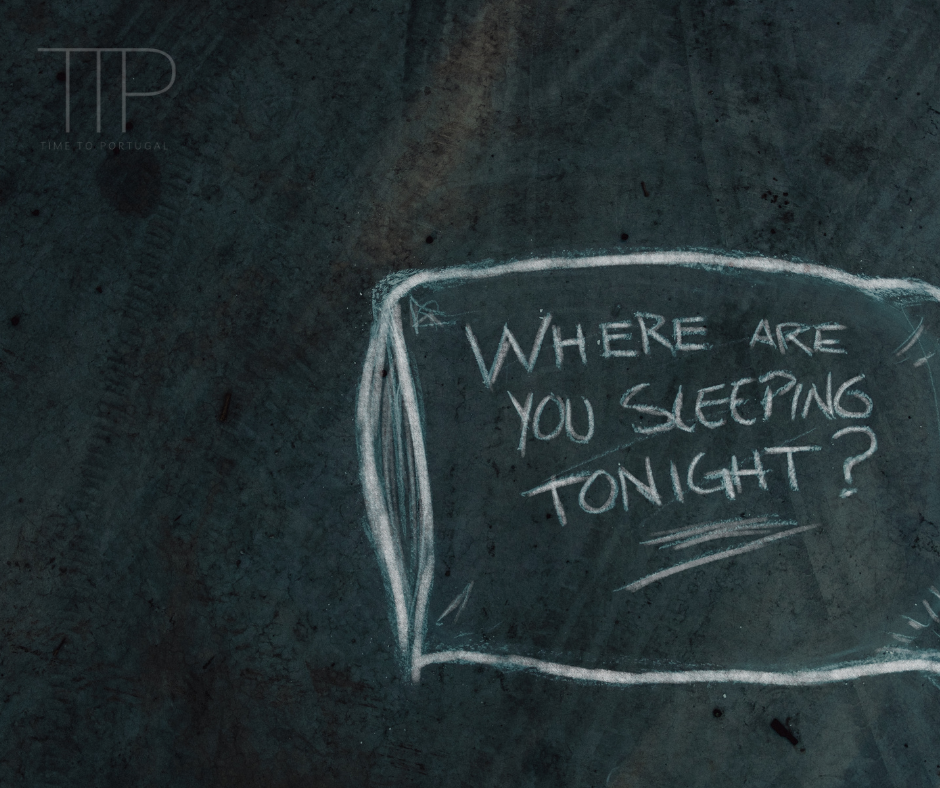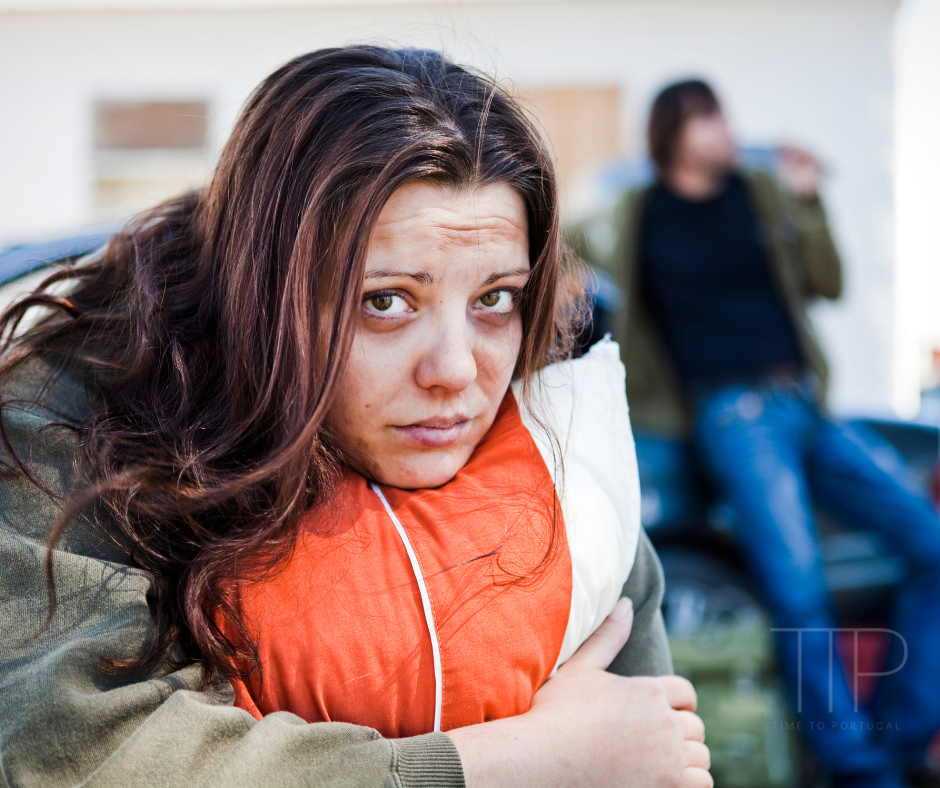Rental prices between 500€ and 700€ are to high, even for people with jobs.
Caes (Algarve’s Social Emergency Housing Centre), situated in the outskirts of Faro, is for many families the only and last solution not to become homeless and live on the streets.
Reasons are many, but according to Fábio Simão, the head of the CAES of the Algarve, there is no doubt that the housing crisis is the main reason.

“We are talking about people, some of them work, but there is no answer, there are no houses to rent. In fact, there are no houses that have decent prices for a person to rent,” Fabio Simão told Lusa. “We are talking about an average of 500 to 700 euros for a T0 or a T1. This is impossible for those who receive minimum wages.” *T0 is considered a studio, T1 is one bedroom, one living room.
People and families “in an unprotected situation” and without means to pay rent for accommodation end up entering the CAES in the first place due to cases of unemployment or domestic violence, loss of autonomy, eviction, illness or fire, according to the administration of the center.

“CAES aims to prevent the person from being on the street. They are still homeless people, because they have no home”, says Fábio Simão who is involved in several projects to help the most disadvantaged. Without affordable homes, CAES prevents these people from falling into a homeless situation by giving them valuable support for three months, or at most six months.
According to the president of the AIDS Support Movement (MAPS), in recent months there has been a worsening of the number of people in need of help in the Algarve.
Fabio Simão added that the number of homeless people used to decrease at this time, between summer and Christmas, but this did not happen this year.
Algarve CAES has 46 beds, but only 30 are occupied from the beginning, under protocols with Social Security (25 beds) and the municipality of Faro (five).
The investment in this social equipment was 700 thousand euros – with the support of the municipality (180 thousand euros) and the rest of the amount guaranteed by MAPS, an entity that presented the CAES project, including a bank loan of 310,000 euros.
Much of the furniture and material that equips the building was donated by several companies and hotels, as well as private donations.
Lusa spoke to one of the users of the center, Ana (fictitious name), who is there with her sick and unemployed husband and a three-year-old son, who told Lusa that she feels welcomed there, stressing that the employees of CAES “are always ready to help”.
We left the house “without conditions” that we had rented for 250 euros in the island of Culatra, a municipality of Faro, because the landlady needed the place to house her son who, in turn, had been forced to abandon another room that he also rented.
Ana does not hide her anguish by the situation she is living in, not being sure if she will be able to give her life a direction during the three months in which she can remain in the support center.
Another case of a person without means to pay for a housing is that of Maria, mother with two daughters, aged 4 and 7, who was “out of” of her house in Portimão and could not find housing on her return to Faro. Before entering the CAES, Maria camped for two and a half months in Faro Beach with her daughters.

